Michael Brune, 2014 Hillary Laureate
Like many environmental activists, Sierra Club Executive Director Michael Brune first decided to pitch in and protect the planet for selfish reasons.
"I grew up in Chadwick Beach, on the New Jersey shore," says Brune. "My parents took us camping up and down the eastern seaboard. I even learned to walk at a campground in Maine.
"In the summer, as a teenager, I'd spend all day every day at the beach and in the ocean, surfing and bodysurfing." So when hypodermic needles and chemical waste from nearby plants began washing up on the sand, he was disgusted. When he discovered his body covered in a rash and New Jersey beaches closed because of the dangerous contamination, he and his neighbors took action.
"I was young and politically naïve, so I simply signed a petition and hoped someone would listen. But there were a handful of community groups that took hold of the issue and wouldn't go away. I saw how they were able to inspire and organize people to work together to develop solutions -- and they prevailed. Hospital-waste dumping was banned, the chemical factory was eventually closed, and the beaches were reopened with visible and immediate improvements in water quality."
The experience impressed upon Brune the connection between loving the natural world and the responsibility to protect it.
"My first time out West was on a family trip in 1985. I was almost 14 and had never been west of the Appalachians. I still remember walking to the rim of the Grand Canyon and being blown away. The next day, we hiked to the bottom and my life was changed."
That day in the canyon was the sort of "transforming moment in nature" that the majority of Sierra Club members say cemented their devotion to the environmental cause.
Brune would go on to earn dual degrees at West Chester University in Pennsylvania in Economics and Finance. After graduation, he set off with a friend on a road trip that took them through the Great Plains, the California and Oregon coasts, Mt. St. Helens, the boreal forests of Alaska and Canada, the Grand Tetons, Yosemite, and back to Grand Canyon National Park.
He then worked for Greenpeace and immediately knew he'd found his calling. With four years of grassroots organizing and campaigning under his belt, Brune moved on to the Rainforest Action Network.Under Brune's leadership, RAN secured a commitment from Home Depot to phase out the selling of wood from endangered forests. Time magazine called the victory the most important environmental story of 1999. RAN went on to win more than a dozen other key commitments from America's largest corporations, including Citi, Goldman Sachs, Bank of America, Kinko's, Boise, and Lowe's. Despite RAN's strong-arm tactics, Brune's approach usually left his adversaries feeling that they'd been treated with respect.
"We had a mantra at RAN to be hard on the issues but soft on the people involved. That's really just another way of saying that when you take on a company, it's possible to be confrontational and collaborative at the same time," Brune says.
While at RAN, Brune wrote Coming Clean: Breaking America's Addiction to Oil and Coal, (Sierra Club Books), which addresses climate disruption and lays out an ambitious plan for moving America to a clean-energy economy. An updated edition was published in 2010.
In March 2010, Brune left RAN to become executive director of the Sierra Club. One month later, Americans witnessed the worst environmental disaster in U.S. history. BP's Deepwater Horizon oil rig in the Gulf of Mexico exploded, killing 11 workers and sending millions of gallons of oil into the ocean. More than 2,000 Sierra Club members and friends volunteered for the cleanup. Brune surveyed the devastation firsthand.
Congress did little to address the disaster, and the Sierra Club launched the Beyond Oil campaign to prevent another disaster by decreasing oil dependency with better gas mileage and smarter transportation options. The campaign's hard work paid off when, two years later, the Obama administration put in place a car standard of 54.5 miles per gallon by 2025, projected to cut U.S. climate pollution by 10 percent and save Americans billions at the pump every year.
In October 2012, the need to solve the climate crisis became was brought into sharp relief when "superstorm" Sandy ravaged the East Coast, including Brune’s hometown. The storm flooded his parents' home, which had been built by his father and uncle nearly fifty years before.
"I've been working on solutions to the climate crisis for a long time, but I never really expected that it would hit home for me quite the way it did," he said. "Like the attack on Pearl Harbor or the 9/11 assault, Sandy rocked our nation into awareness of a threat to everything we hold dear. We must meet that challenge."
The Sierra Club's Beyond Coal campaign has risen to the challenge. The campaign celebrated a huge milestone in 2011 when it received a $50 million donation from Bloomberg Philanthropies that would go toward helping phase out coal energy in the U.S. and replacing it with a clean-energy economy.
Nearly 160 coal plants either have been retired or are scheduled to retire in part because of the Beyond Coal campaign.
"The Sierra Club's motto is to explore, enjoy, and protect the planet. It's not just about problems. This is our big opportunity to push for solutions like solar and wind," Brune says. "This is an organization that's both devoted to protecting the planet's last, best places and to having a great time exploring and enjoying those places. A love of nature helps inspire us to do what we must to save it."
Brune and his wife Mary, cofounder of the group MOMS - Making Our Milk Safe, live in the San Francisco Bay area town of Alameda. They have three children: Olivia, Sebastian, and Genevieve.

